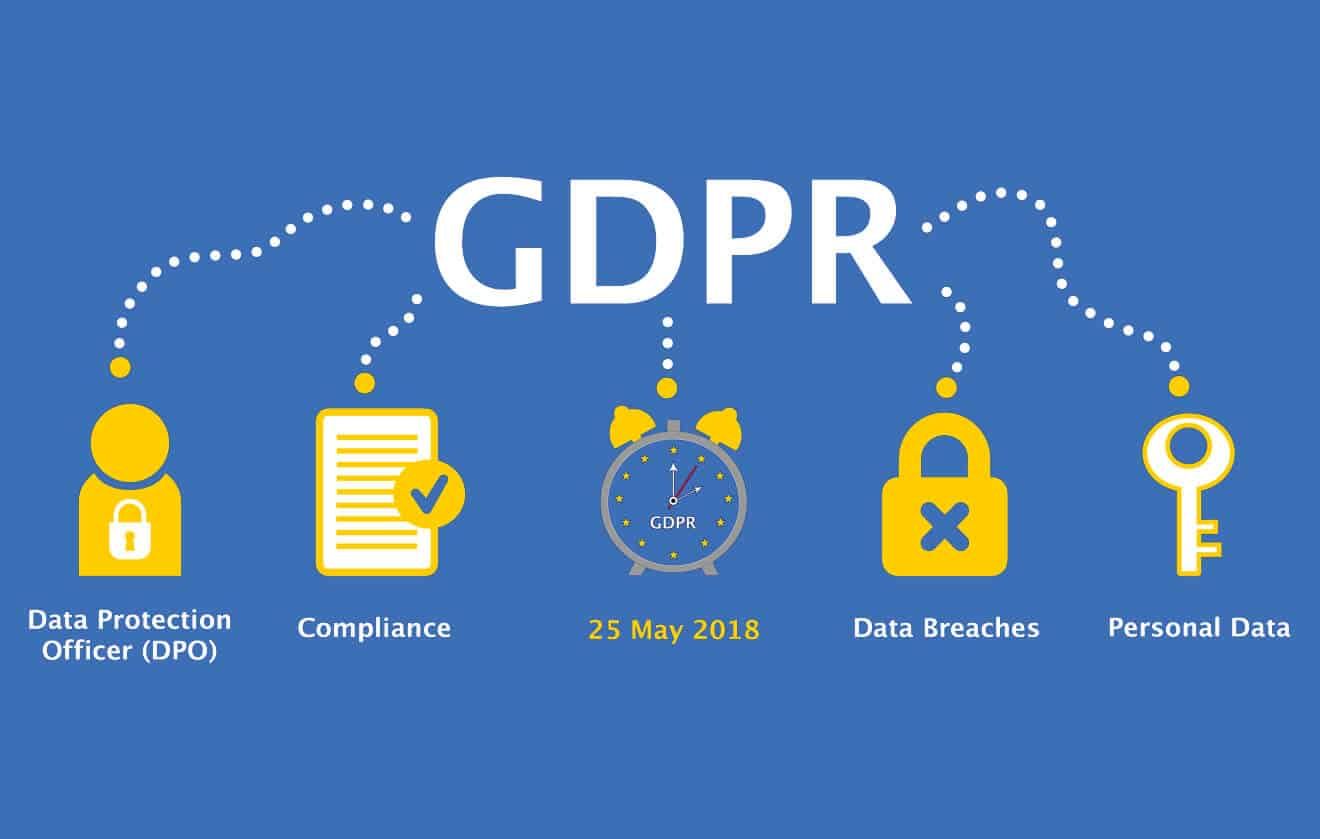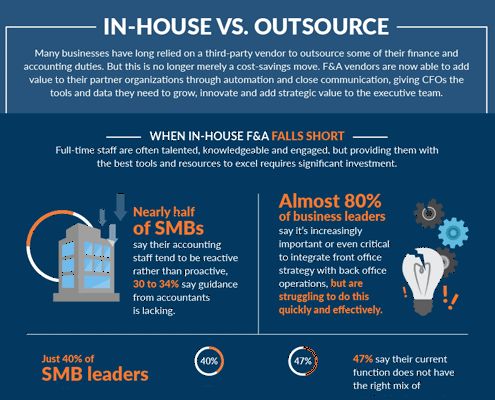In today’s digital age, data privacy and security have become paramount concerns for businesses of all sizes. The General Data Protection Regulation (GDPR) is a set of regulations aimed at protecting the personal data of individuals within the European Union. Failure to comply with GDPR can result in hefty fines and damage to a company’s reputation. In this article, we will discuss what GDPR compliance entails and what businesses need to know in order to ensure they are meeting the requirements.
What is GDPR?
The General Data Protection Regulation (GDPR) is a regulation that aims to strengthen and unify data protection for all individuals within the European Union (EU). It was implemented on May 25, 2018, and applies to all businesses that process the personal data of EU citizens, regardless of the company’s location. GDPR sets out rules for how personal data should be handled, including how it is collected, stored, and processed.
Key Principles of GDPR
GDPR is built on several key principles that businesses must adhere to in order to be compliant. These include:
Lawfulness, fairness, and transparency: Businesses must process personal data lawfully, fairly, and in a transparent manner.
Purpose limitation: Personal data should only be collected for specified, explicit, and legitimate purposes and not further processed in a manner that is incompatible with those purposes.
Data minimization: Businesses should only collect data that is necessary for the purposes for which it is being processed.
Accuracy: Personal data should be accurate and kept up to date.
Storage limitation: Data should be kept in a form that allows the identification of data subjects for no longer than is necessary for the purposes for which the data is being processed.
Integrity and confidentiality: Businesses must process personal data in a manner that ensures appropriate security, including protection against unauthorized or unlawful processing and against accidental loss, destruction, or damage.
Steps Businesses Need to Take for GDPR Compliance
In order to comply with GDPR, businesses must take a number of steps to ensure they are meeting the requirements set out in the regulation. Some key steps include:
1. Data Mapping
Businesses need to know what personal data they are collecting, where it is stored, and who has access to it. Data mapping involves creating an inventory of the personal data you collect and process.
2. Consent Management
Businesses must obtain clear and unambiguous consent from individuals before collecting their personal data. They should also provide individuals with the ability to withdraw consent at any time.
3. Data Protection Impact Assessments
Businesses should conduct Data Protection Impact Assessments (DPIAs) to identify and mitigate risks associated with processing personal data. This involves assessing the necessity and proportionality of the data processing activities.
4. Data Breach Response Plan
Businesses need to have a plan in place for responding to data breaches. This includes notifying the relevant authorities and individuals affected by the breach within 72 hours of becoming aware of it.
5. Employee Training
Employees should be trained on data protection best practices and the requirements of GDPR. This will help ensure that everyone within the organization is aware of their responsibilities when it comes to handling personal data.
Conclusion
Ensuring GDPR compliance is essential for businesses that process the personal data of EU citizens. By following the key principles of GDPR and taking the necessary steps to protect personal data, businesses can avoid costly fines and reputational damage. It is important for businesses to stay informed about any updates to GDPR and to regularly review their data protection practices to ensure they are in compliance with the regulation.
By prioritizing data privacy and security, businesses can build trust with their customers and create a solid foundation for long-term success in the digital age.


